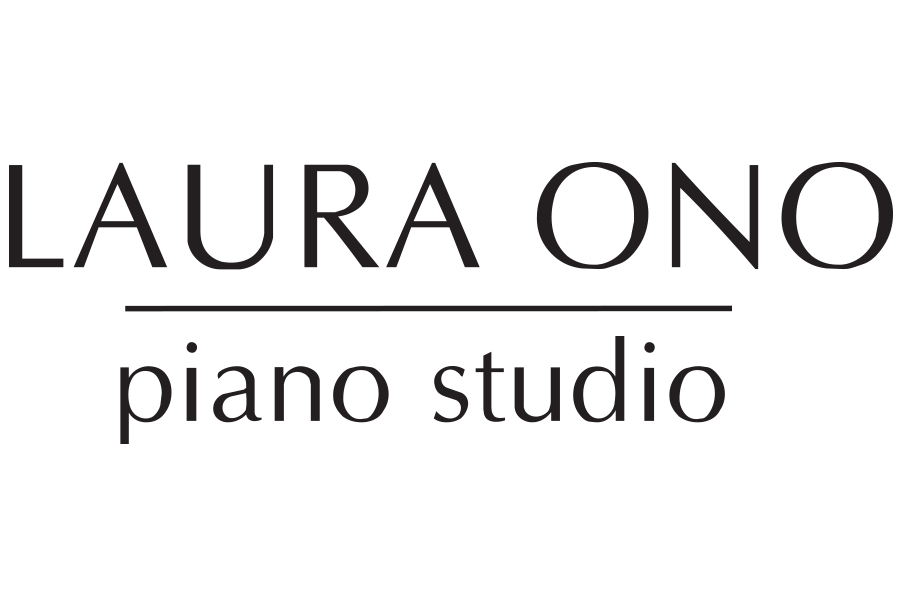Music Lessons
Private Piano Lessons
Laura’s music studio overlooks the breath-taking views of St. Peters Harbour, near the village of Morell. The studio is equipped with a high-end Petrof grand piano, which offers students the opportunity to play on a beautiful instrument. The space is also designed to host musical “soirées” – informal performances held every one to two months.
New students are welcome for the 2020-2021 school. Depending on the age and level of the student, lessons can be 30, 45 or 60 minutes in length. Weekday afternoon and evening times are available, as well as earlier time slots for home school students or adults. The studio is also open for Summer 2020 (July and August).
Each student brings a unique perspective to music making, so lessons are centred around the students’ needs, learning styles and musical interests. At the same time, fundamental musicianship skills are introduced and established, with an emphasis on developing artistry, rhythmic accuracy and music literacy. The overarching goal is to lead students to a deep and meaningful understanding, knowledge and love of music.
Music sharing is an important part of the music learning process. Students are encouraged to share what they learn through formal and informal performance opportunities including studio “soirees”, PEIRMTA Young Musicians Recital Series, music festivals, master classes and, if appropriate, Royal Conservatory of Music examinations.
Theory Lessons
For young beginners, basic music rudiments and notation skills will be integrated into the private piano lesson. As the student progresses, theory instruction will be added on in 15-minute increments. For intermediate to advanced students, and for those preparing for Royal Conservatory examinations, formal theory lessons are arranged in addition to the piano lesson (in order to adequately fulfill the exam co-requisites). Where appropriate, semi-private and small group theory lessons can be arranged.
An Important Message About Your Home Piano
Quality music making requires a quality instrument. Students are expected to have a piano for home practice. Ideally, this will be an acoustic piano that is tuned and maintained regularly. Music is the art of sound, and one of the most important first steps in learning the piano is creating a beautiful sound that belongs to you. This can only be achieved with an acoustic piano.
The problem with an electronic piano is the student cannot learn how a piano feels (the “touch”) on an instrument other than a real piano. In a “real” piano, the sound is produced by a felt-padded hammer hitting a string under tension. The piano is really a percussion instrument! In an electronic piano, the real piano sounds have been “sampled” (captured electronically) and used to create the digital piano sounds – this applies to all electronic pianos including those with “weighted” keys. Not only are the sounds artificial, they do nothing to develop your unique sound and touch.
If acquiring an acoustic piano at the start of lessons is not possible, please be aware that an electronic piano is a short-term solution. You will need to make the investment in an acoustic piano within a year of starting lessons. For students seeking to take the Royal Conservatory exams, you are required to have an acoustic piano for home practice.
Collaborative Piano Services
For young singers and instrumentalists, collaborative piano services are available to support local festivals, recitals and Royal Conservatory examinations. Collaborative opportunities with university/college music students and community choirs are also welcomed
